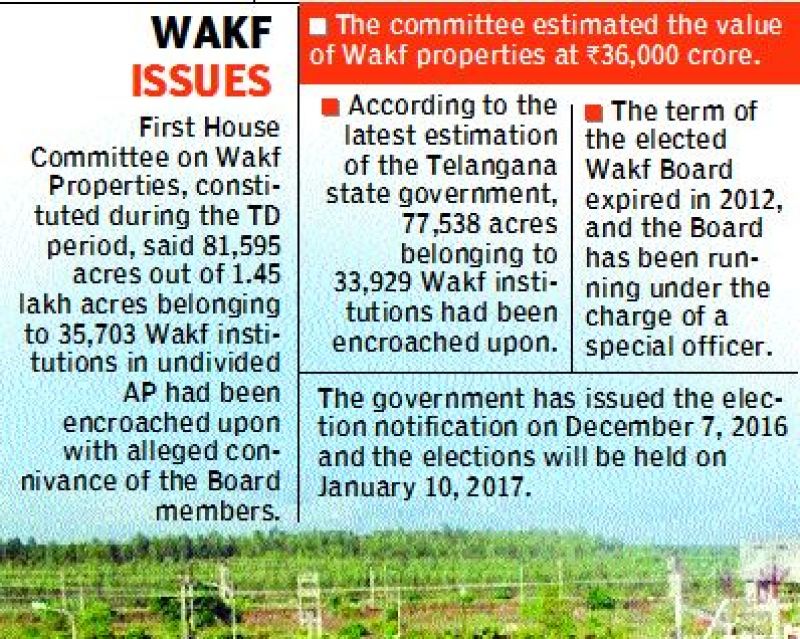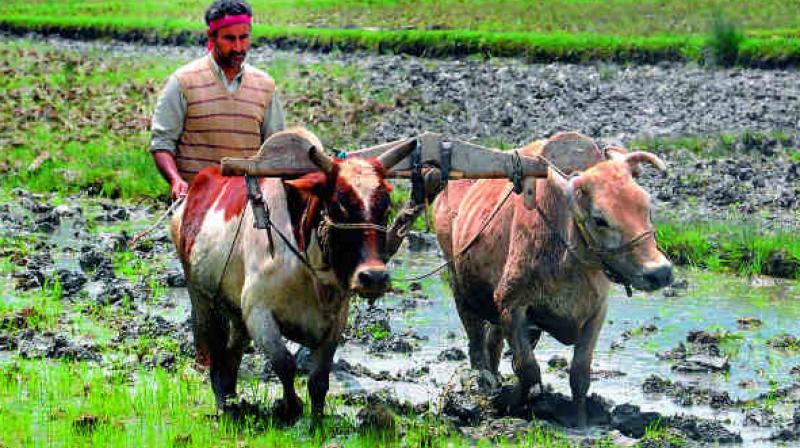Kapus remind Naidu of his election promise in AP.

By S A Ishaqui
Hyderabad, Dec 30:Reservation movements are slowly
gaining momentum in both Telangana and Andhra Pradesh, with the ruling
parties not moving on their election-time promises after coming to
power.
TD president N. Chandrababu Naidu had
promised to provide reservations in education and jobs for the Kapu
community during the 2014 election campaign. TRS president K.
Chandrasekhar Rao had promised 12 per cent reservations to Muslims in
the election manifesto.
The Kapu Nadu and Kapu
Reservations Porata Samiti have begun a legal battle and plan to launch a
peoples’ movement for inclusion of Kapu, Telaga, Balija and Ontari
communities in the Backward Classes list. In Telangana, the BC Katika
Quraishi Caste Association has moved the Hyderabad High Court.
Shaik
Ahamed Quraishi, founder general secretary of the association, said the
government had included the Arekatika, Katika and Are-Suryavamshi
castes in the BC-D group but had omitted the Katika Quraishis though the
community practices the same profession as the other three. He said the
Katika Quraishi caste was included in the BC list by the AP government
in 1986 along with nine others. That inclusion was stuck down by the
High Court for exceeding the limit of 25 per cent reservations for BCs.
The court did not fault the inclusion of the community in the BCs list,
he said.
He said the National Commission for
Backward Classes had recommended the inclusion of the caste into the BCs
list and the Union Cabinet had approved the measure. Despite this, both
the TS and AP governments had not included the community in the BCs
list, which is why the association had moved the High Court.
Affan
Quadri, secretary of the Mehar Foundation, said it would launch a
movement to pressurise the Telangana state government to fulfil its
promise of providing 12 per cent reservations to Muslims.
The
government had set up a committee to study the economic, social and
educational backwardness among Muslims to build the base for
reservations before constituting the BC Commission, but the delay in the
process will lead to loss of opportunities in the ongoing state
recruitments, he added.
In AP, Dr K.V.K. Rao,
chairman, Kapu Reservations Porata Samiti, said there was unrest in the
community as the government was conducting an inquiry for inclusion of
the Kapu, Telaga, Balija and Ontari communities in the BC list. The
samiti has moved the High Court. “We are also planning a massive
people’s movement in AP to achieve our demand,” Mr Rao said.
In and out, Kapus fight for quotas
The
Kapu, Balija, Telaga and Ontari communities, which were grouped as one
class under the broad category of Telaga, have been in and out of the
Backward Classes over the last 100 years. The four communities were
listed as BCs from 1915 but were removed from the list in 1956. They
were brought back into the list five years later, but excluded in 1966.
The community has been fighting for re-inclusion since then.
According
to Dr K.V.K. Rao, people generally referred to as Kapus along with the
sub-castes are socially and educationally backward. They are involved in
various occupations primarily in the unorganised sector. The people of
the community are engaged in odd jobs and professions; many are peasants
and farm labour. A majority of the population does not have a presence
in the organised sectors, which are considered dignified in the social
hierarchy of communities, he said.
Dr Rao said
that for years, various community organisations had been trying to
secure an inquiry and recognition of the Kapu community and its
sub-castes as “socially and educationally backward classes”. A series of
representations had been periodically addressed to the government, he
said.


